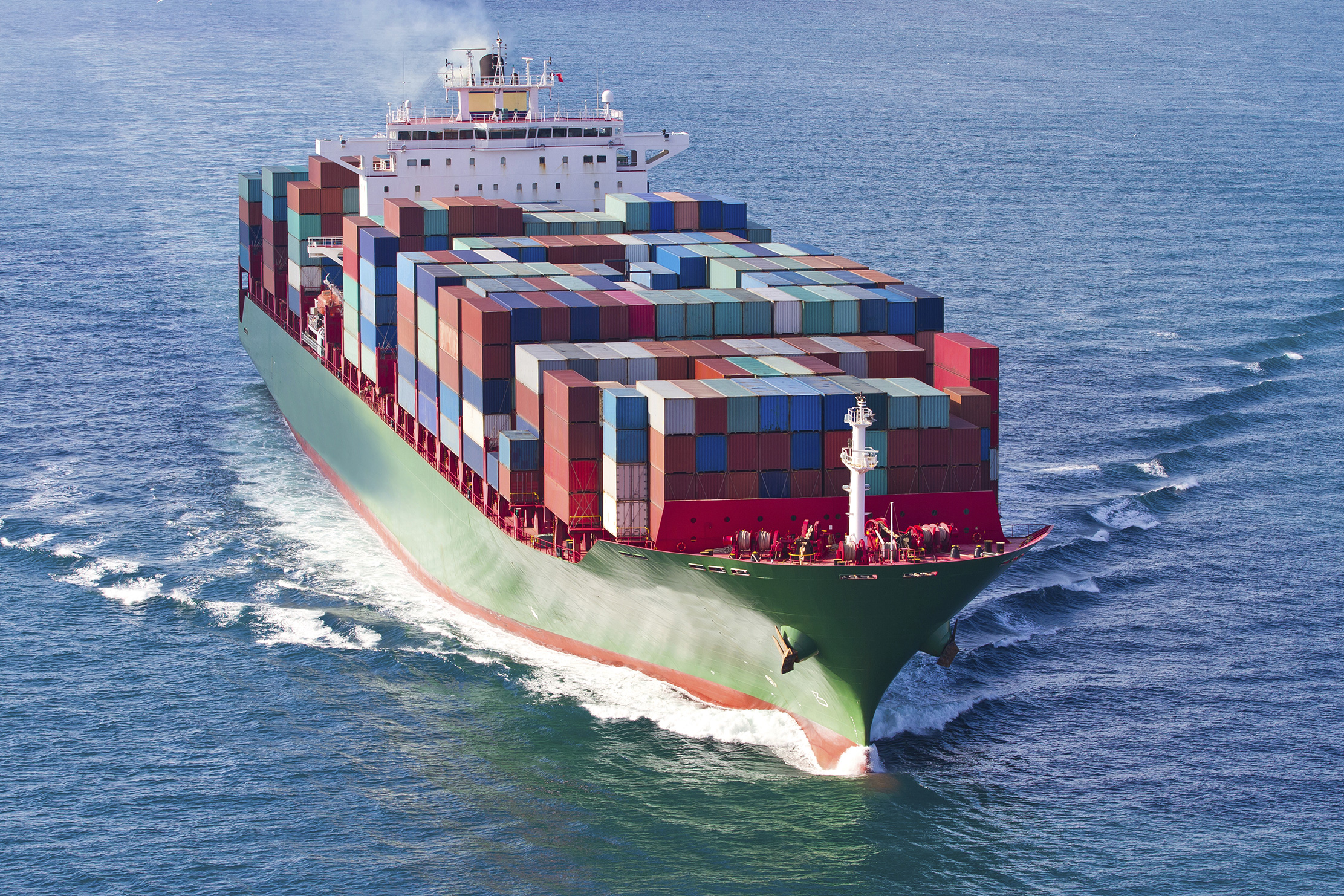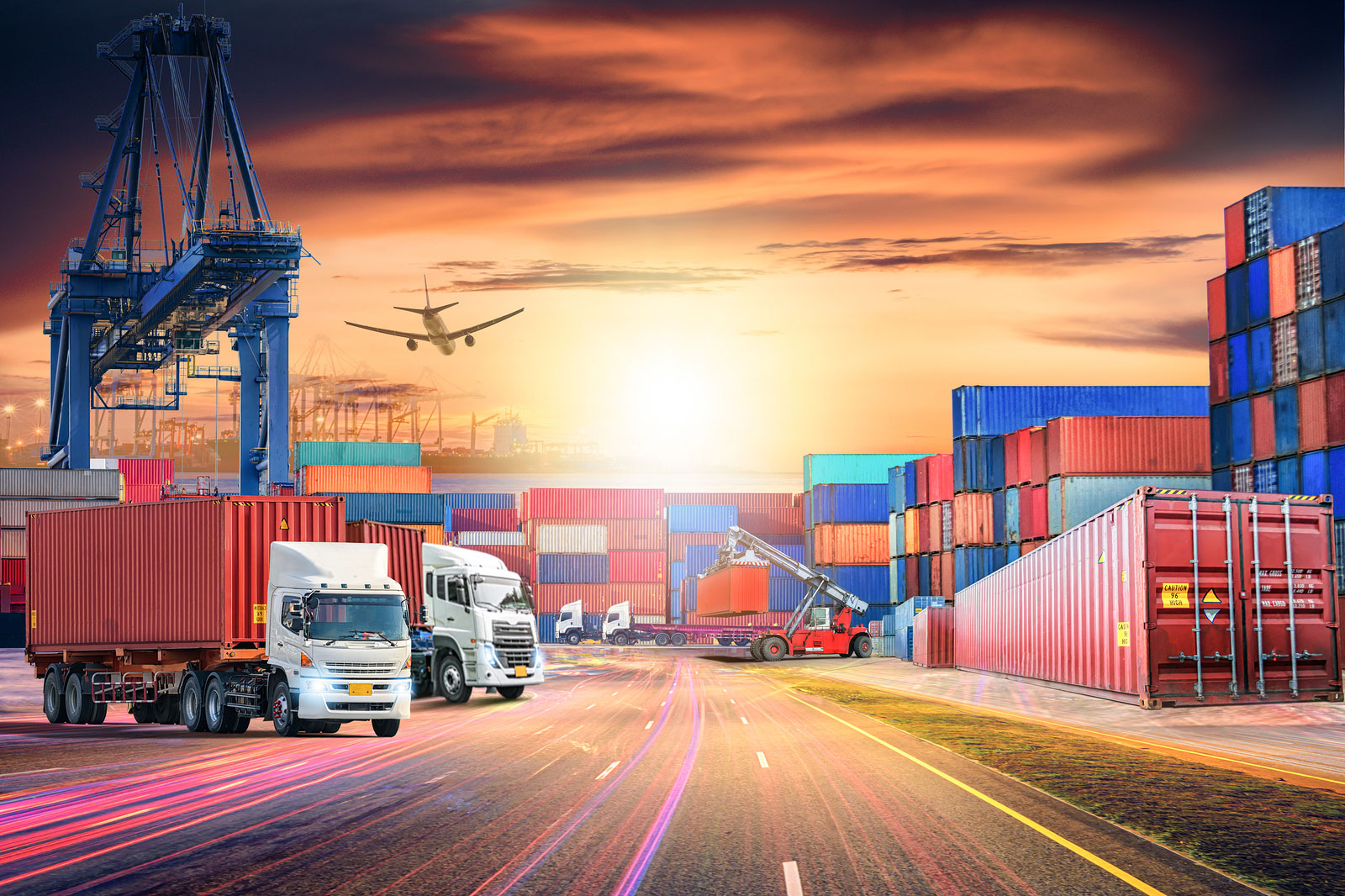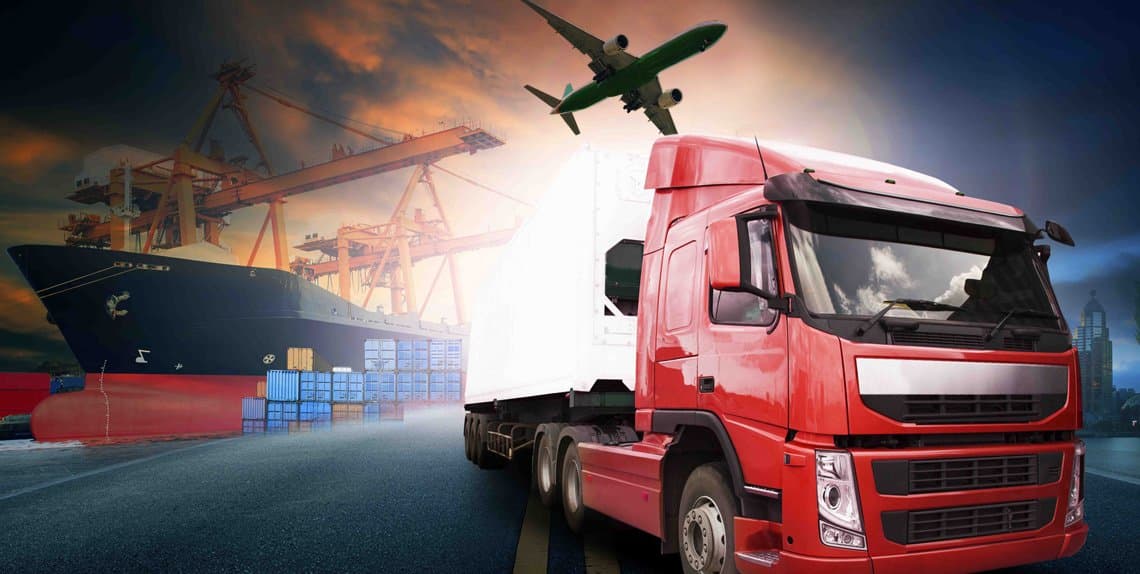What are the characteristics of cargo tracking systems in European countries?
In Europe, cargo tracking systems play a vital role, providing freight shipping companies, logistics companies and customers with more efficient and transparent cargo management and monitoring methods. This article will focus on the characteristics of cargo tracking systems in European countries and deeply explore its importance in improving cargo transportation visibility and management efficiency.
1. Highly automated technical support
Cargo tracking systems in European countries often use highly automated technologies, including the Internet of Things (IoT), sensor technology and advanced tracking devices. These technologies can monitor the location, status and transportation conditions of goods in real time, providing accurate data support for the entire transportation process.
2. Comprehensive logistics platform
Cargo tracking systems in Europe are often comprehensive logistics platforms that integrate information from all links. From warehousing, loading and unloading to transportation, these platforms can provide comprehensive data, allowing freight shipping companies to fully grasp the dynamics of goods and achieve full-link visual management.

3. Real-time data updates and reporting
Cargo tracking systems in European countries emphasize real-time performance and can update the location, transportation speed and arrival time of goods in real time during the transportation process. This kind of real-time data can help freight shipping companies adjust transportation plans in a timely manner to deal with potential problems.
4. Across multiple modes of transportation
Cargo tracking systems in Europe typically support multiple modes of transport, including sea, air, rail and road transport. This comprehensive support allows freight shipping companies to achieve smooth conversions between different transportation modes and improve overall logistics efficiency.
5. Security and privacy protection
European countries pay attention to security and privacy protection in the design of cargo tracking systems. The system usually uses encryption technology to ensure the safe transmission and storage of cargo information. At the same time, the system also follows relevant laws and regulations to protect users' privacy rights.

6. Information sharing and cooperation mechanisms
Europe's cargo tracking system emphasizes information sharing and cooperation mechanisms. Different participants, including freight shipping companies, shipping companies, airlines, warehousing, etc., can share information through the system and improve the synergy of the entire supply chain.
7. Transnational standardization
Due to the close trade and logistics links between European countries, cargo tracking systems often adopt transnational standardization to ensure that systems in different countries can be interconnected. This helps facilitate smooth international trade and logistics.
8. User-friendly interface and notification mechanism
European cargo tracking systems focus on user experience, often with intuitive user interfaces and flexible notification mechanisms. Freight shipping companies can easily check the status of goods, generate reports through the system, and receive key notifications during the transportation of goods in a timely manner.

By understanding and utilizing the characteristics of European countries' cargo tracking systems, freight shipping companies can improve the traceability and transportation efficiency of goods, effectively reduce logistics costs, and provide customers with more reliable services. This will also help drive the logistics industry in Europe towards a digital and intelligent future.




